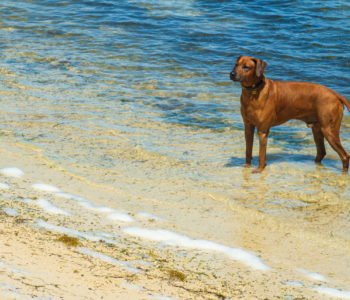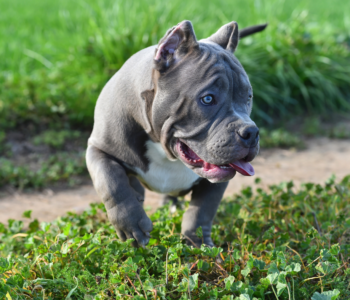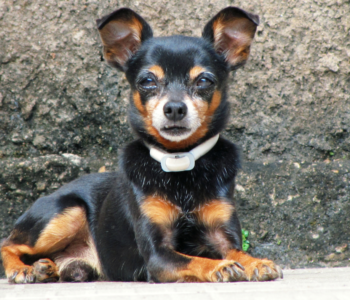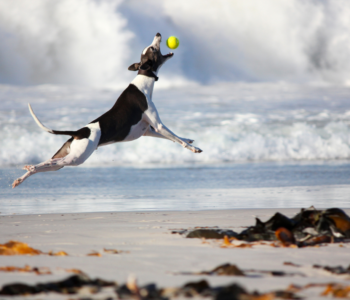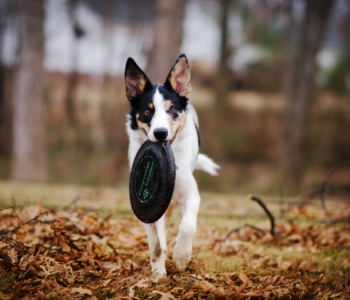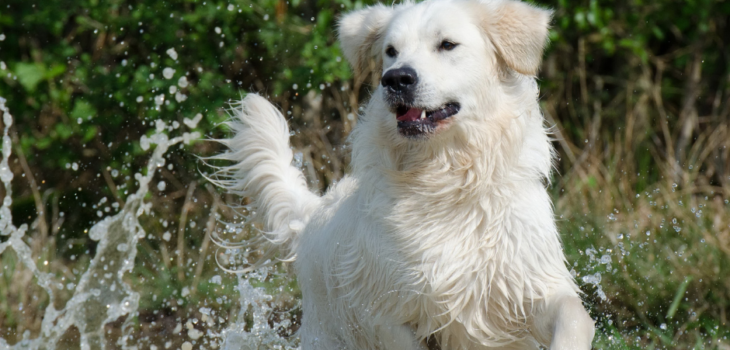 dog behaviour,
dog behaviour,
What do you want your dog to do?
Ignore what I don’t want reward what I want, does this work?
This is a common methodology you hear in dog training and it has some merits, because we don’t want to add punishment into a behaviour routine. But, what if, you dog isn’t offering behaviour that you can ignore, and they also aren’t offering anything you can reward. If you find yourself in a situation like a crazy meltdown at another dog, it’s not possible to ignore it and it’s unlikely that your dog is going to be able to offer anything you can reward. Even if they were able to take food in this situation, they will be so highly aroused that there will be no pairing of reward and required behaviour.
So, what do you do, how do you get through to your dog in this situation?
When you’re training a dog, it’s traditional to focus on what you don’t want your dog to do. You don’t want them to jump, bark at other dogs, pull on the lead. Everything is geared toward controlling these output behaviours. Often working in the moment or when it’s all kicking off! This is where it gets difficult to ignore and reward.
Flip this mindset
Let’s flip this mindset, rather than focus on what we don’t want our dog to do, lets decide what we do want them to do. Your dog is jumping at visitors, so what would you rather they did. My guess is sitting calmly on a boundary while you visitors or deliveries come in. So instead of creating additional excitement at the door telling your dog to get down and manhandling them to stop the jumping, we grow the skill of sitting on their boundary.
Emotional drivers
There are also emotions driving the jumping at people, barking at other dogs, and pulling on the lead. These emotions can be excitement, frustration, or anxiety. So, look at the drivers and give our dogs an emotional power boost, if the behaviour is driven by anxiety then work on your dog’s confidence, if it’s frustration then help them with impulse control and tolerance. When training your dog, decide what you would rather they were doing and build the skills to perform this in any given situation. Work for the moment and not in it. What I mean by this, don’t wait until the event is happening and try and train there.
About the author
Louise Kirby is a Pro Dog Trainer and Behaviour coach and works with clients on a 1-2-1 basis at home. specialising in reactivity and rebuilding difficult walks. Training is force-free and fun for you and your dog. If you would like more information please send a message.
